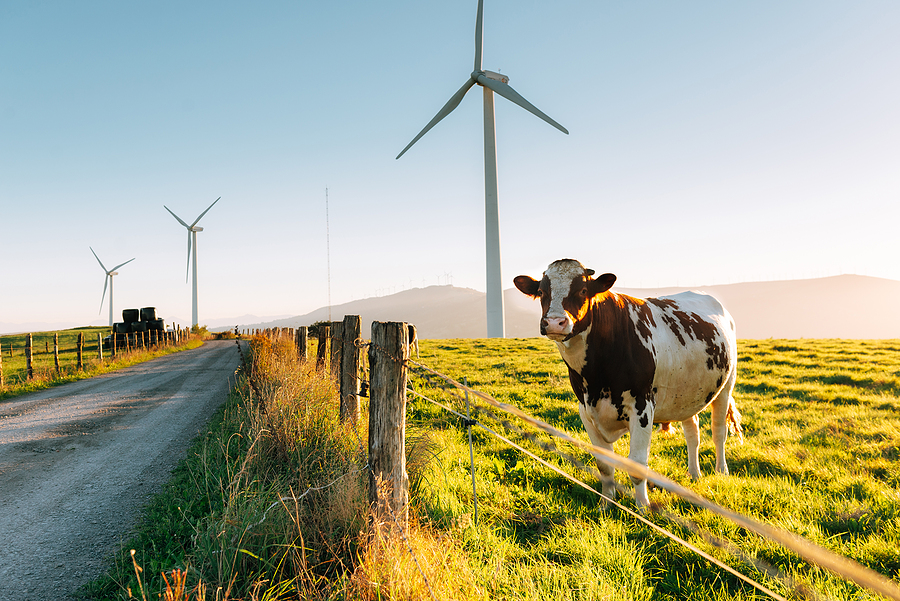
Tale of True Sustainability and its Arch Nemesis Greenwashing
June 7th, 2021 Posted by Emergent Brand Activism, brand advocacy, Brand Design, brand marketing, Carbon footprint, Climatarian, Climate Change, climate culture, Consumer insight, Greenwashing, Product design 0 comments on “Tale of True Sustainability and its Arch Nemesis Greenwashing”Vulnerability for climate chasers is escalating…
What sustainability stands for is expanding and the process to earn credit for acting sustainably has taken on a new look. Here, we examine how to prevent the risk of unintentional greenwashing. This article sheds light on what may well be the key driver of marketplace competitive advantage for progressive brands in the year ahead.
What is the most popular word in modern CPG and retail marketing right now? Sustainability. It is invoked, announced, trumpeted, billboarded, spotlighted and worn like a new suit of climate- positivity relevance. If you’re not sustainable, what are you? Most assuredly not enough.
Sustainability may also be one of the most misappropriated terms in modern CPG and retail marketing. What’s on the horizon is significant vulnerability for brands and businesses that fail to dial in the infrastructure and bona fides that make sustainability claims real and trustworthy. As the marketplace moves to embrace this issue more fully, scrutiny levels will intensify as stakeholders, investors and consumers become increasingly knowledgeable about what is authentically working to reduce the impact of climate damage from what isn’t.
The sustainability goal posts are moving
At one time sustainability was focused primarily on fossil fuel consumption and other forms of non-renewable energy and water use. Now we’ve learned that agriculture and meat production are the second largest contributor to global greenhouse gas emissions and thus food choices actually have a climate impact. The rigor required to address climate impact assessments and policies has gone way past using “earth-friendly” straws in a beverage or putting solar panels on the roof of the office building.
The pathway to verified and validated sustainability behavior is connected directly to overall carbon footprint and is paved with science, data and comprehensive analysis of:
- Brand higher purpose
- Processes and production
- Supply chain and ingredient standards
- Distribution systems, transportation and in-market behaviors
- Over-consumption of land, water and non-renewable energy
- Physical facility operations
- Employment policies and practices
The goal of this thorough examination is assessing a product’s carbon impact to the planet. In the near future carbon footprint scoring will come to product labels. Consumers want to purchase products that are mitigating greenhouse gas emissions and will need help at the shelf to make accurate comparisons.
Eco-product design
Similarly, these analytical tools can be deployed to conduct an environmental evaluation of product design. This helps brands determine where they can swap out high carbon ingredients, source from deforestation-free suppliers, and cut down on unnecessary waste all while evaluating cutting-edge packaging solutions.
Why all of this matters to your immediate future
Emergent’s consumer insight research partner Brand Experience Group (BXG) recently conducted a ground-breaking study on consumer attitudes about sustainability. The report found a significant rise in the number of consumers who will hold brands accountable for sustainability practices and behaviors.
- 34% are committed or passionate about sustainability claims and policies
- 32% are concerned about the issue and paying attention to it
Segments showing the highest degree of sustainability concerns skew younger in the Millennial and Gen Z cohorts and reside mostly in higher income households.
Bottom line: these concerns are becoming widely held in a significant swath of the population and continue to grow.
Greenwashing risks
Brands that invoke climate faithfulness while taking a half-baked stance on managing emissions are risking marketplace disruption. We are all living in a challenging media environment where posers are likely to be outed.
That’s why Emergent has come together with BXG and Informed Sustainability Consulting to create the first fully integrated brand sustainability services program that:
- Marries scientific carbon footprint analysis with consumer insight research guidance on user attitudes and opinions
- To inform a comprehensive suite of brand communications tools that help businesses convey their sustainability story to consumers and stakeholders
Use this link to ask any questions, share your thoughts or request a preview of an upcoming special report on climate risk assessment and communications.
Looking for more food for thought? Subscribe to the Emerging Trends Report.
Bob Wheatley is the CEO of Chicago-based Emergent, The Healthy Living Agency. Traditional brand marketing often sidesteps more human qualities that can help consumers form an emotional bond. Yet brands yearn for authentic engagement, trust and a lasting relationship with their customers. Emergent helps brands erase ineffective self-promotion and replace it with clarity, honesty and deeper meaning in their customer relationships and communication. For more information, contact [email protected] and follow on Twitter @BobWheatley.